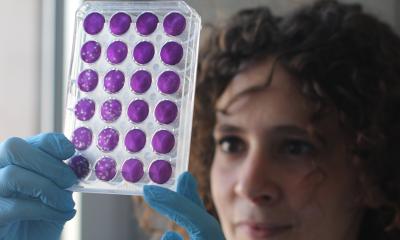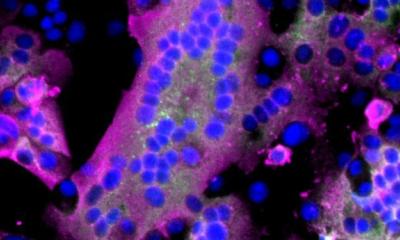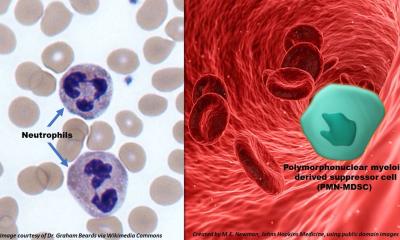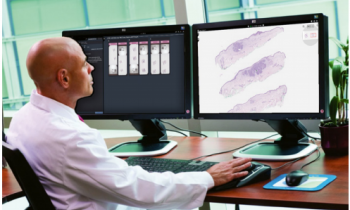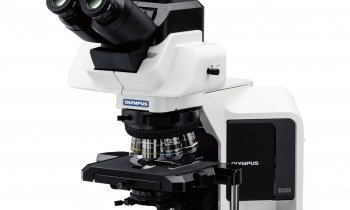
Article • Profiling the coronavirus
Experts unlock Covid-19 secrets
Experts have identified two distinct immunological and cellular profiles in the lungs of Covid-19 patients which they believe could help define treatment pathways.
Report: Mark Nicholls
From some of the earliest Covid-19 autopsies conducted in Europe, Swiss-based researchers have performed integrative digital pathology and transcriptomic analyses of lung tissues of 16 coronavirus patients who died from respiratory failure during the first wave of Covid-19 and found striking histopathologic changes in the lungs.
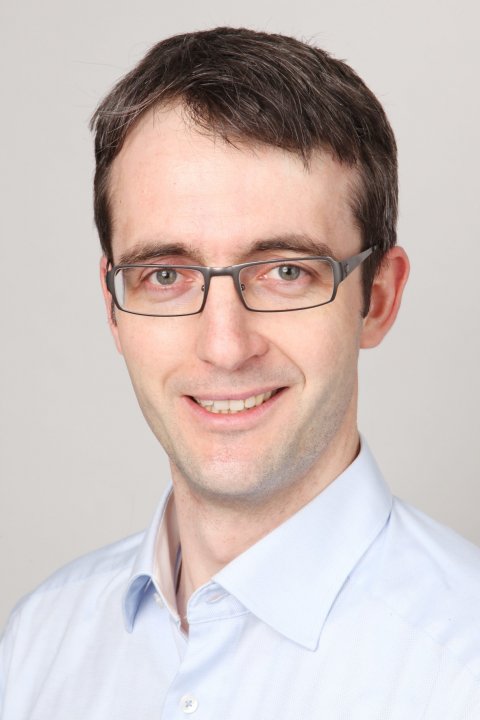
‘These two distinct patterns of immune pathology of pulmonary Covid-19 may give an insight into the natural progression of Covid-19 in the lungs,’ said Professor Viktor Kölzer, head of the Digital Pathology department at the University of Zurich. The distinct patterns were defined by their differential expression of interferon stimulated genes (ISGs) and by their infiltration with immune cells/immune infiltration patterns. The ISG subgroups – termed ISGhigh and ISGlow – differ with regards to the characteristics and extent of pulmonary damage, pulmonary viral loads, immune infiltration, and time from hospitalisation to death.
‘We combined digital pathology analysis for the quantitative study of immune cell infiltration in diseased lung tissue with transcriptomic analysis of key pathways involved in the immune response and PCR-testing of SARS-COV2 viral loads,’ Kölzer explained.
Integrative analysis
‘This integrative analysis enabled us to detect and define two distinct immunopathological profiles of lethal Covid-19 based on gene expression and immune infiltration patterns. These profiles may point to distinct stages of disease progression with potential to guide specific therapeutic interventions.’
The ISGhigh profile showed high local expression of interferon stimulated genes and cytokines, high viral loads and limited pulmonary damage; while the ISGlow profile showed severely damaged lungs, low ISGs, low viral loads and abundant infiltrating activated CD8+ T cells and macrophages.
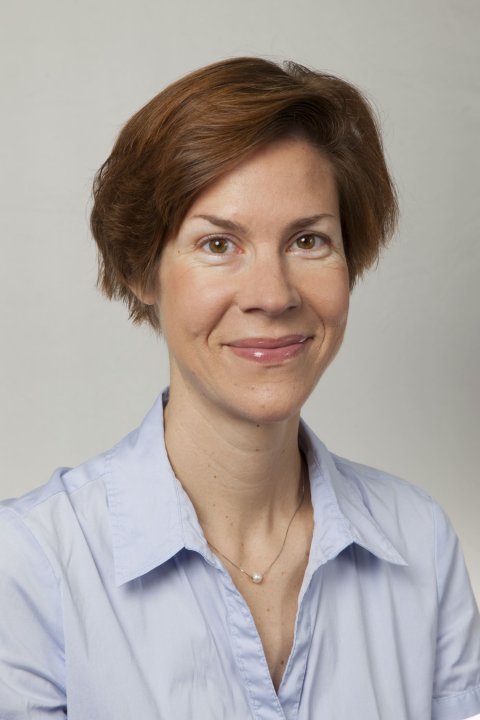
Patients in the ISGhigh group died at an early time point from a high viral load in the lungs as the immune system did not manage to suppress the virus. However, while ISGlow patients can initially defeat the virus, the activity of the immune response resulted in massive damage to the lungs and other organs and they died after several days or weeks. ‘Patients who die early cannot adequately control SARS-CoV-2,’ Dr Kirsten Mertz, Senior Pathologist at the Institute of Pathology, Liestal, explained, ‘while patients who die late suffer from diffuse alveolar damage and immune-pathology with increased lung remodelling. Infectious dose and individual predisposition to mount immune responses are likely to define whether or not a patient survives Covid-19.’
The autopsy data provided an important opportunity to better understand tissue damage patterns in lethal Covid-19 in the patient group, which was also high-risk due to age and other conditions, such as hypertension, heart disease and diabetes.
With the pandemic now in a second wave, the researchers have a ‘pressing need to better understand the pathogenesis of Covid-19 for personalised risk stratification and treatment of critically ill patients.’
The collaborative study embraced molecular pathology, digital pathology, and bioinformatics, to deliver findings with potential clinical and biological implications and assess the immune response to Covid-19 from a multitude of aspects. Taking part were experts in immunology, molecular, digital and viral pathology, Professor Francesca Demichelis, Dr Yari Ciani, Dr Tobias Junt, Dr Ronny Nienhold and Professor Kölzer and Dr Mertz in the study working in close collaboration.
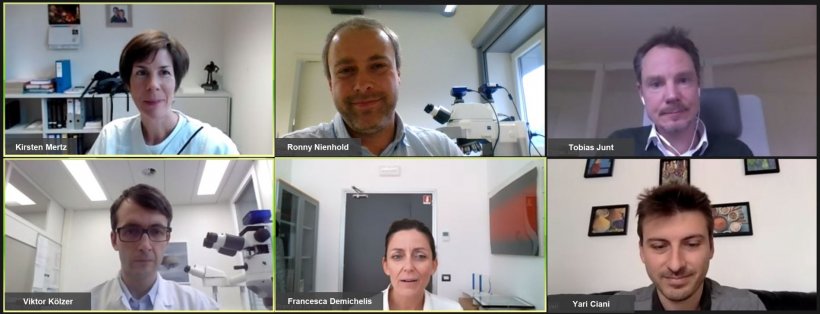
These findings potentially could help to better assign specific drugs to Covid-19 patients
Kirsten Mertz
While the study sheds further light on Covid-19 lung disease, researchers say it is too early to reach clear conclusions on therapeutical approaches. However, they feel the findings are suggestive of a natural disease course of Covid-19 in lungs from an ISGhigh profile to a ISGlow profile. ‘Our study may help to guide the selection process of specific clinical biomarkers that correlate with the course of disease,’ said Dr Mertz. ‘It also could be informative for patient stratification and personalised treatment. These findings potentially could help to better assign specific drugs to Covid-19 patients.’
Anti-viral medication may be of key relevance to ISGhigh patients, she added, while immune-modulatory drugs and drugs targeting the complement system as well as tissue remodelling may be of relevance in the second group.
Better understanding the disease stages
The researchers say the findings could deliver a better understanding of the disease stages and progression of Covid-19, and help to achieve more personalised and more effective treatment for patients, with the right drug to the right patient at the right time and informed by the underlying biology of disease. The research was also an ‘uplifting experience’ for the researchers during the difficult period of lockdown. ‘Everyone could use their skills to contribute and unlock some of the secrets of this coronavirus,’ Mertz said. ‘We were making a difference, and that kept us going.’
Profiles:
Professor Viktor Kölzer is Attending Pathologist at the Institute of Pathology and Molecular Pathology, University Hospital Zürich; Assistant Professor and Lead for Digital Pathology, University of Zürich, and Honorary Senior Clinical Researcher, Department of Oncology, University of Oxford. His research aims to improve patient care through the implementation of high quality, science-driven, computational image analysis approaches with a focus on gastrointestinal disease, immunology and immunotherapy.
Dr Kirsten Mertz is a senior pathologist at the Institute of Pathology and Head of the Molecular Pathology and Cytopathology service at the Cantonal Hospital Basel, Liestal, Switzerland. Her research focuses on molecular diagnostics of cancer, immunopathology and the (molecular) pathology of infections.
17.11.2020



